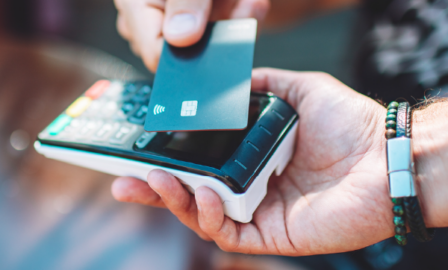Online Retail Grocery – The Final Frontier for eCommerce
In an age where almost any product or service can be available within hours via a few taps on a cell phone, the modern customer has heavy expectations for e-commerce capabilities from nearly all retailers and brands. Increasingly, those expectations are weighing more heavily for grocery retailers. Online retail grocery sales are expected to capture 20% of total grocery retail by 2025, nearly $100 billion. As retailers strive to meet their customers online, many can struggle with adapting modern e-commerce capabilities to the traditional grocery business model.
With the industry continuing to advance and evolve in e-commerce, how do retailers know where to start, what to consider, and what to expect?
Today, customers expect convenience – for grocers, this means giving customers the ability to shop digitally and have their groceries delivered to their doorstep within hours. This digital grocery shopping experience can have drastic impacts to the customer purchase journey. Making this experience easier and more efficient for the customer requires continuous innovation by grocers to meet the customers evolving expectations and remain relevant in the market.
Grocery retailers are tackling this challenge in different ways. Some are launching their own e-commerce channels while others partner with or acquire digitally-native organizations to boost their own in-house capabilities.
- Amazon and Whole Foods made headlines in 2017
- Ahold Delhaize’s purchase of Peapod has allowed the retail giant to provide online shopping in a number of its banners, and
- Retailers of all sizes are selling their groceries on Instacart.
Beyond simply making the online sale, retailers must also think about fulfillling the last mile to deliver orders directly to their customers. For example, Walmart has tested delivery with Uber before launching its own crowdsourcing delivery platform Spark Delivery. Likewise, Target acquired Shipt – a business currently handling delivery for multiple retailers.
For grocery retailers looking to explore e-commerce capabilities, there are three critical areas to consider when starting this journey:
- What Options are Available for E-Commerce Solutions?
- Pre- And Post-Commerce Matters, Too
- New Non-Traditional Competition
Click here to download the full eBook Retail Grocery – The Final Frontier for eCommerce
Subscribe to Clarkston's Insights
Coauthor and contributions by AJ Jose



